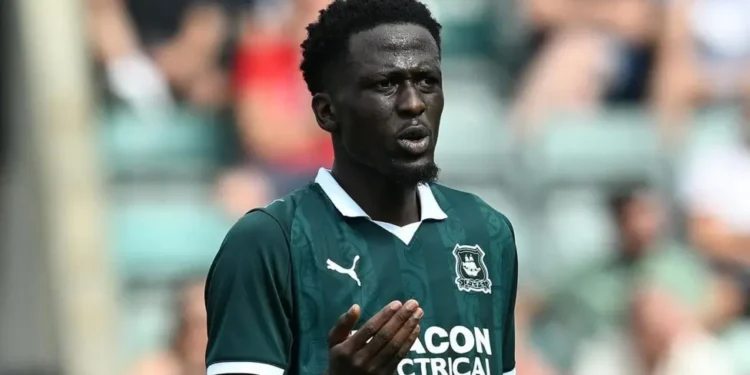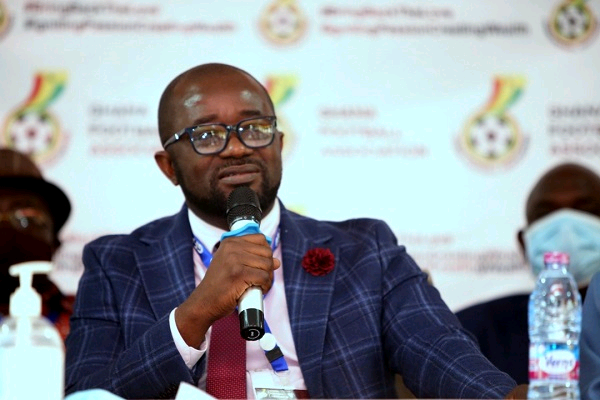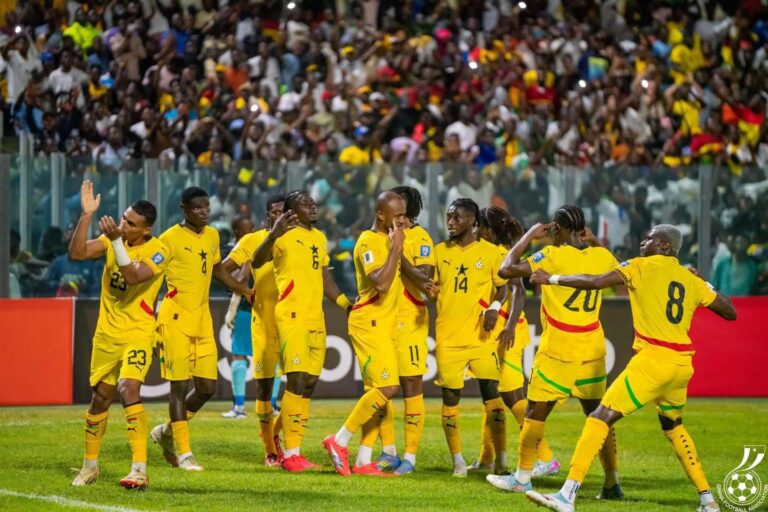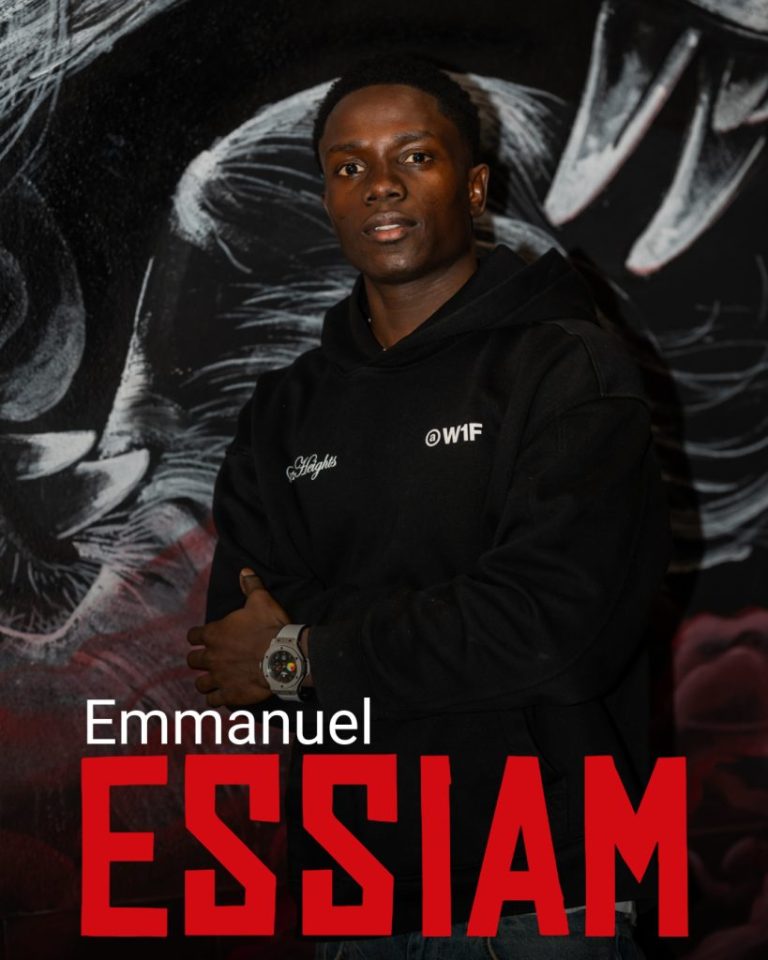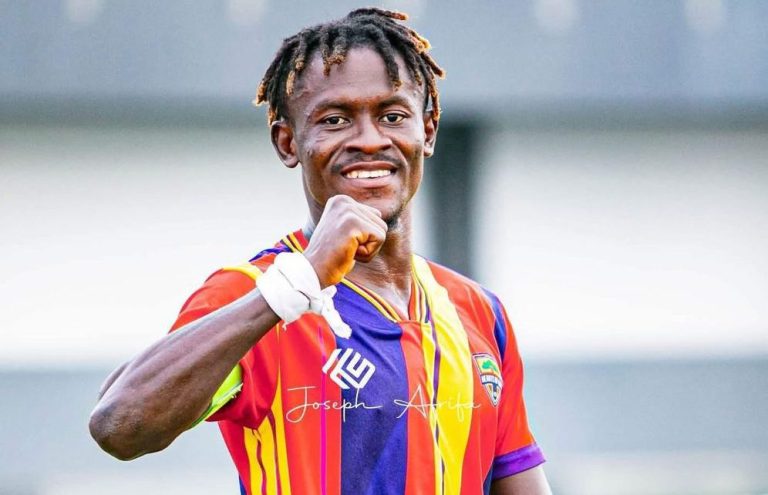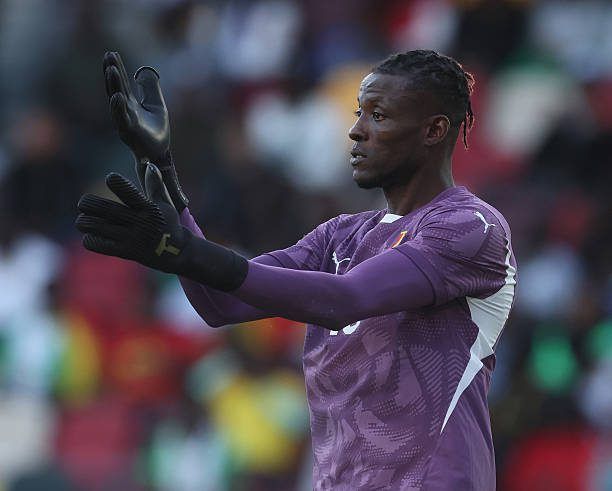Brendan Wiredu and the battle against racism in football
Football is more than a game—it’s a mirror of our society. And sometimes, that mirror reflects harsh realities. Just ask Brendan Wiredu, a talented 25-year-old midfielder who recently joined Plymouth Argyle from Fleetwood Town.
Wiredu made his debut for Argyle in a tough match against Barnsley. The result? A 3-1 loss, an unfortunate own goal, and a mistake that led to another goal. Tensions boiled over when he got involved in a scuffle and was substituted at half-time. It was a debut he would rather forget—but not just for what happened on the pitch.
After the match, Wiredu faced a wave of abuse on social media, some of it with clear racial undertones. The club described the situation as “a torrent of abuse” from fans, both in public and in private messages. It became too much, and he deactivated his accounts.
But this is where the story turns—not into silence, but into support.
Argyle’s new head coach, Tom Cleverley, quickly stepped in. A former Manchester United player, Cleverley knows what it feels like to be singled out and attacked by fans. During his own career, he experienced intense online hate while playing under David Moyes at Old Trafford. That pain gave him empathy—and the strength to guide his player through dark days.
“He didn’t have the rosiest 48 hours,” Cleverley admitted. “But I’ve been there. I know what it feels like, and I know how to survive it.”
More importantly, Cleverley and the club are standing by Wiredu. So are a majority of the fans, who have since shown their support publicly, proving that hate never has the final say.
Wiredu’s experience is not isolated. Many Black players in the UK—regardless of talent or contribution—face abuse when results go wrong. It’s a pattern football must break. The problem isn’t a bad pass or poor defending. The real issue is the racism that still hides behind keyboards and crowds.
No footballer should feel unsafe, unappreciated, or attacked for their race—especially after one match.
Cleverley said it best: “He’s got an incredible amount of support from within and outside the club. He didn’t show his best version, but he’ll be fine.” His message is clear: Wiredu is not alone.
Racism has no place in football. And every time a club, a coach, or a crowd stands up to it, we get one step closer to a game—and a world—where everyone is respected for who they are, not attacked for where they come from.


